By Keith Musselman, University of Colorado Boulder and the Institute of Arctic and Alpine Research
As the fastest warming region on Earth, the Arctic is undergoing pronounced change that disproportionately impacts Indigenous communities. The Arctic Rivers Project is a five-year effort to improve understanding of how rivers, ice transportation corridors, fish, and communities might be impacted by and adapt to climate change.
The project is a collaboration among the US Geological Survey, the National Center for Atmospheric Research, and the University of Colorado Boulder. It is funded by the National Science Foundation's Navigating the New Arctic Program. Funded in 2020, the project is guided by an Indigenous Advisory Council and focuses on Arctic rivers in Alaska and Canada and the Yukon River drainage. Accomplishments so far include development of the Arctic Rivers Knowledge Co-production Protocols, development of a public engagement plan and webinar series, and organization of an Arctic Rivers Summit to be held 6–8 December 2022.
The Arctic is culturally diverse. Spanning the Yukon River basin and extending north to the Arctic Ocean, the study area is home to more than 15 ethnolinguistic groups. With over 150 communities in the study area, the lines between cultures are often blurred and can be difficult to define geographically. With regard to Indigenous knowledge, each community offers a different perspective stemming from generations upon generations of different traditions and experiences. Every community will feel the impacts of climate change differently.
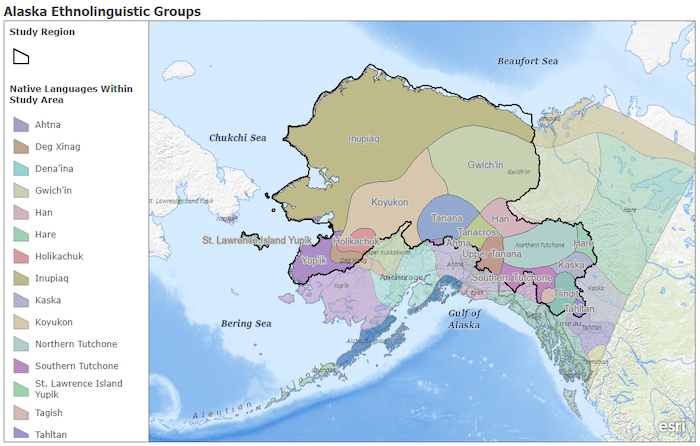
To ensure the project may serve Indigenous communities across this large area, an Indigenous Advisory Council was formed at project onset. The Council is made up of ten Indigenous community leaders and regional representatives from Alaska and Canada. As members of the project team, Council members are compensated for their time and effort to oversee and assist researchers in reaching the project's goal to connect Indigenous Knowledge and western science.
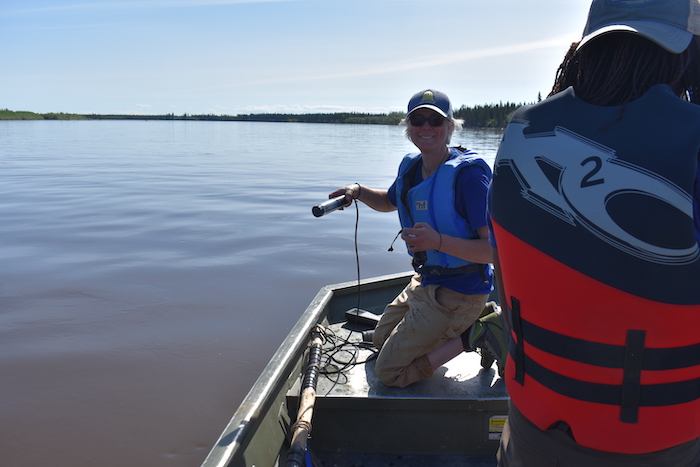
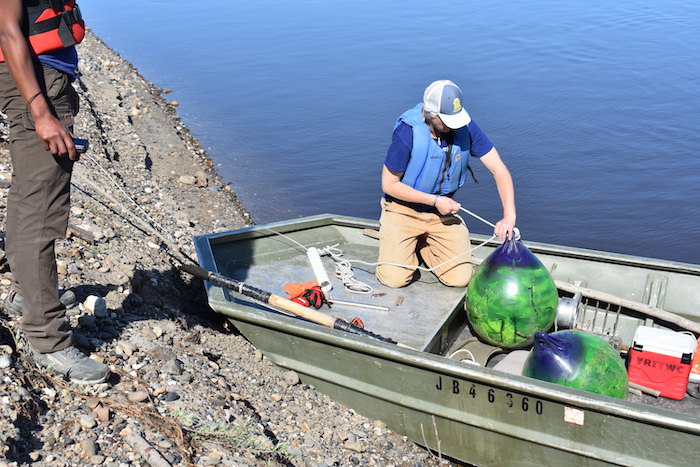
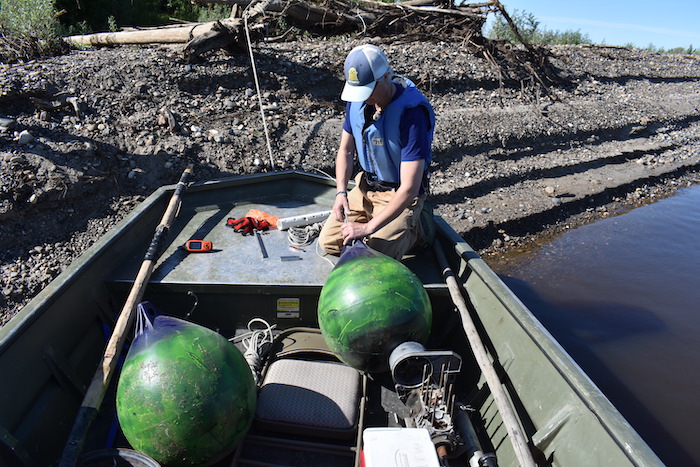
Through the combination of datasets, Indigenous knowledge, and people's lived experiences, the team hopes to tell compelling stories of compounding climatic, hydrologic, and ecological effects of the changing Arctic climate. In December 2022, the project team will host the Arctic Rivers Summit—a three-day, in-person workshop in Anchorage, Alaska, to discuss the current and potential future states of Alaskan and Yukon rivers, fish, and how we can adapt.
The Summit will bring together 150 Tribal and First Nation leaders, community members, managers, knowledge holders, western scientists, federal, state, and provincial agency representatives, academic partners, non-governmental organizations, and others. The discussions and knowledge sharing at the Summit will help the project team to weave together Indigenous Knowledge, climate, river, and fish modeling, and monitoring data to develop Narratives of Change across the Arctic landscape to support resource and community adaptation.
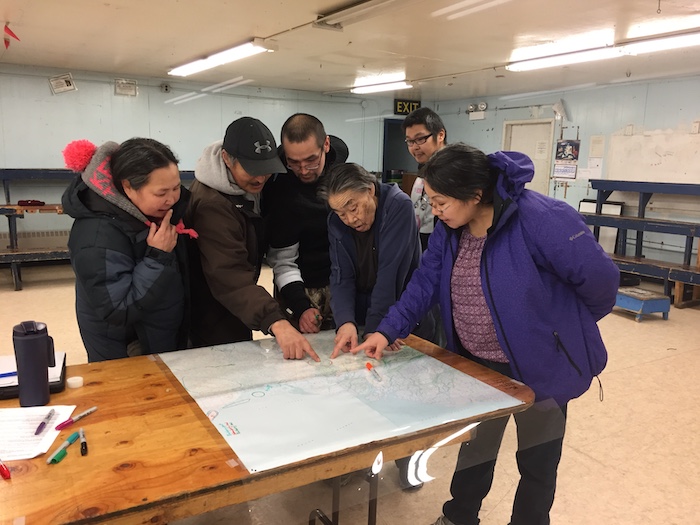
Through the Indigenous Advisory Council and the upcoming Arctic Rivers Summit, the Arctic Rivers Project seeks to engage communities to co-produce knowledge of river conditions and climate vulnerabilities. The team recognizes the rights of Indigenous communities to shape the research that occurs in their homelands and to assert their knowledge as a valid way of knowing. Co-production of knowledge involves the contribution and equal distribution of power between Indigenous stakeholders, researchers, and project members, in a manner that integrates the various knowledge systems present and informs the guidelines, goals, and expectations of the project.
For more information about the Arctic Rivers Project and ways to get involved, we invite you to check out our project website and sign up for our listserv.
Additional information is found at USGS Arctic Rivers Project.
For more information about the Arctic Rivers Summit, please visit the event website,
The National Science Foundation's Navigating the New Arctic program tackles convergent scientific challenges in the rapidly changing Arctic.
Follow the project on social media!
Twitter: @RiversArctic
Instagram: @arctic.rivers
About the Author
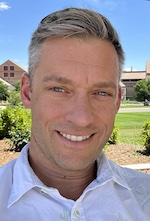 Keith Musselman is a Research Professor at the University of Colorado Boulder and the Institute of Arctic and Alpine Research. He studies climate change impacts on water availability, particularly in cold regions, and strives to develop approaches in collaboration with diverse stakeholder groups to inform sustainable adaptation and decision strategies.
Keith Musselman is a Research Professor at the University of Colorado Boulder and the Institute of Arctic and Alpine Research. He studies climate change impacts on water availability, particularly in cold regions, and strives to develop approaches in collaboration with diverse stakeholder groups to inform sustainable adaptation and decision strategies.
